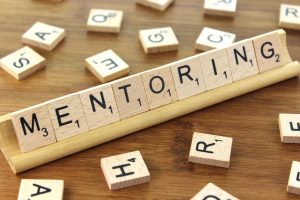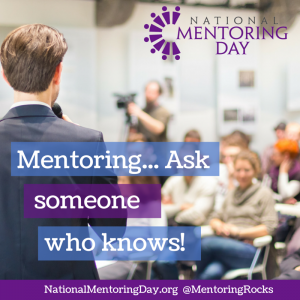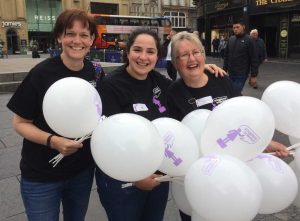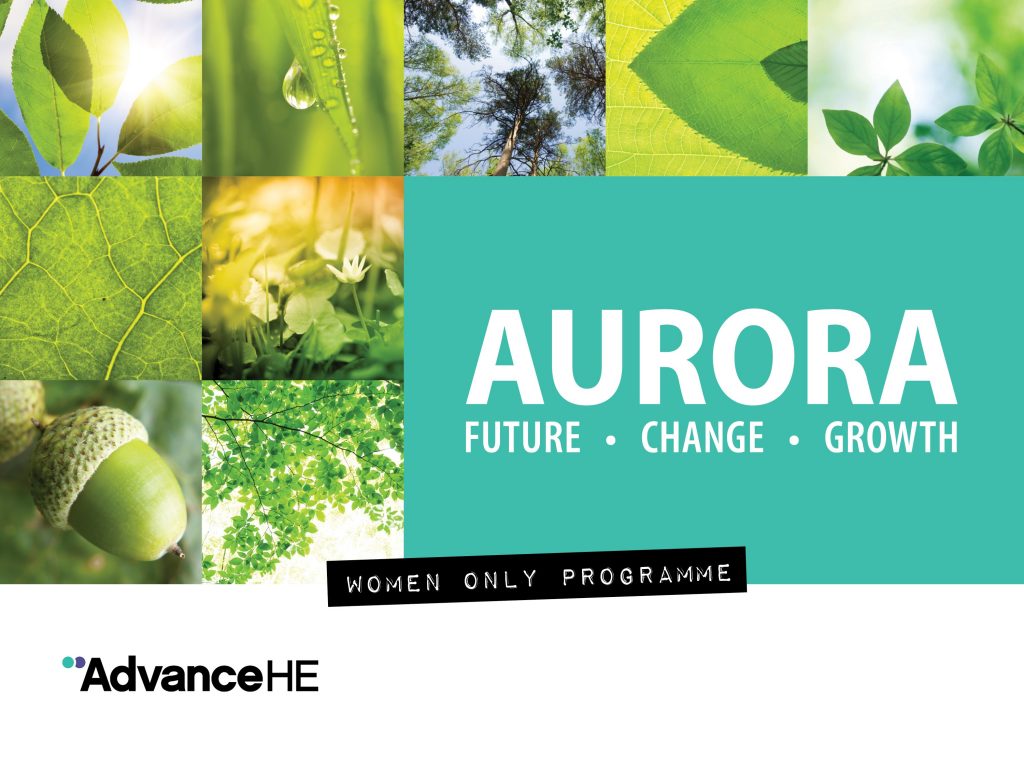To find out about another great project which has been funded by the Equality, Diversity and Inclusion Fund (EDIF), I spoke to Dr Laura Delgaty and student, Jenny Peal, about Student Equality and Diversity Bursaries.
The project, led by Laura Delgaty, who’s part of the School of Medical Education, aims to “support and encourage student led small scale equality and diversity research at Newcastle University”.
 The project had been awarded £2,500 from the EDIF, which was distributed between 6 students in the form of bursaries.
The project had been awarded £2,500 from the EDIF, which was distributed between 6 students in the form of bursaries.
Three bursaries of £250 each were awarded to Undergraduate students from each of the three Schools, and a further three scholarships of £500 were awarded to Postgraduate students, again one from each of the three Schools.
One of the students who was provided with an Equality and Diversity Bursary was Postgraduate student Jenny Peal, from the School of Medical Education.
Jenny’s project was aided substantially by the bursary she was awarded. She studied 15 female cardiologists who worked and trained in a male-dominated environment, focusing on the impact this environment had on their success and development. The process of writing up the interview transcripts could take up to 5 hours at a time. This lengthy process, alongside full-time work, was only made possible thanks to the £500 bursary Jenny received.
If you’d like to find out more about other projects funded by the EDIF, click here to see our other blog posts about them.
Or, if you’ve got a burning idea for a project that you’d love to make a reality, apply for some money from the EDIF before the 23rd November! To find out more about the application process, click here, or email us at FMS.Diversity@ncl.ac.uk

 We’re encouraging everyone in the Faculty to
We’re encouraging everyone in the Faculty to 

 NU TechNet is a staff network run by Technicians, for Technicians, to give them a voice and help them to feel valued at work.
NU TechNet is a staff network run by Technicians, for Technicians, to give them a voice and help them to feel valued at work. How has TechNet helped you personally?
How has TechNet helped you personally?

 Over the last few years, our Faculty has supported over 20 staff to attend the
Over the last few years, our Faculty has supported over 20 staff to attend the